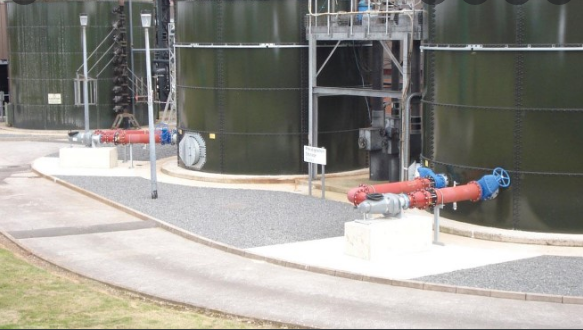Biological treatment systems have a lot of benefits and that is why they are widely used in wastewater treatment plants. Wastewater treatment is an industry primed for environmental friendliness. Water shortage is on the rise and the cost of wastewater treatment is forever rising. It is, therefore, time for ecologically sound innovation within the wastewater treatment industry. Read on to learn some of the top benefits of biological wastewater treatment.
Energy and waste reduction
Mechanical aeration costs and other forms of aerobic wastewater treatment creep higher with every year. Microbiology is at the front lines of reducing energy and waste within the wastewater treatment industry. Reduction in influent biochemical oxygen demand loads and the presence of soil microbiology that is naturally derived reduce the costs substantially. Savings on aeration energy have rippling effects on the efficiency of wastewater treatment plants.
Conservation of the environment
Wastewater has a lot of hazardous materials. These materials can include dissolved and suspended inorganic and organic substances such as fats, carbohydrates, synthetic detergents, soaps and a wide range of other chemicals. Inefficient treatment, spillover, or diversion of the filtered materials can cause a lot of environmental problems that could take a lot of time and resources to fix.
All these are results of wastewater treatment inefficiencies. Custom microbiological solutions reduce contaminants in wastewater instead of adding more substances and chemicals.
Sludge reduction
Even top biological treatment systems face the challenge of sludge. This is because oils, greases, and fats require more invasive ways of breakdown. The buildups of tenacious sludge take a toll on the mechanical wastewater aeration equipment and can result in inefficiencies, breakdowns and increased service demands.
Fortunately, microbiological solutions have the power of degrading FOG while mitigating combustible gases that come with it. Aerobic digestion of wastewater by facultative microbes produces fewer biosolids. This reduction in organic load speeds the wastewater treatment process and increases the efficiency of the plant operations.
Cost and surcharge reductions
Municipal standards for the quality of water are a growing priority. Wastewater treatment operators who meet the stringent standards with their microbiological solutions avoid hefty fines and surcharges for the pollution of water.
Improved operational efficiency
A facultative wastewater treatment process brings a level of efficiency hard for traditional aerobic systems to compete with. This is because it requires little aeration energy. Microbiological agents that are specialized and know their source of food and process it efficiently are well equipped to reduce the operational costs, complications caused and environmental impact. Above all, it is customizable to meet the needs of contamination profiles of wastewater. Adapted facultative microbiology perform in existing wastewater treatment processes, improving performance and reducing energy use.
Demand for better and smarter solutions
While biological treatment systems have the above benefits, there is still a high demand for smarter systems. Water has always been precious. Now, it is subject to increasing scarcity. This drives the demand for cleaner water. Technology is being improved to produce cleaner water with fewer solids hence better environmentally-friendly solutions.
